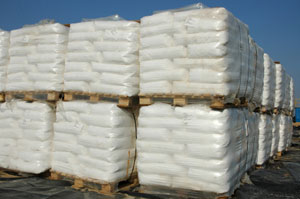
Titanium Dioxide: How a Roof Coating Can Help Lower Air Pollution
The topic of air pollution has become a central discussion point in today’s world. In the wake of present environmental issues, many people continue to look for effective ways to ameliorate the pollution harming the atmosphere. And while the task of alleviating air toxins is ordinarily allotted to plants and trees, new studies have shown […]

Aluminum in the Aerospace Industry
Aluminum is one of the most common metals in the world, with an expansive influence that touches lives every day. From covering dinner in the oven to providing structural elements of an aircraft, aluminum‘s light weight and high strength make it ideal for many applications A Quick History Lesson Aluminum has been used in the […]
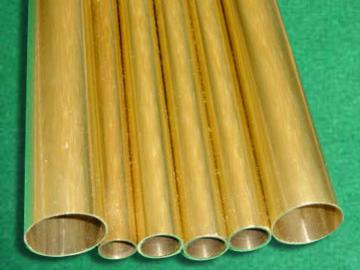
Copper in the Medical Industry
When a patient checks into a hospital, they expect to be given care that helps them overcome the illness or injury that they are suffering. For many, however, the reality is that they will endure some form of infection that was contracted in the hospital itself. Known as healthcare-associated infections (HAI), the Centers for Disease […]

What is the Difference Between Hastelloy® and Incoloy®?
Hastelloy® and Incoloy® are both members of the “superalloy” family, also known as high-performance alloys. As such, they have several key characteristics in common. They both possess excellent mechanical strength, especially at high temperatures, and they are both highly resistant to corrosion and oxidation. However, there are also several important differences to note between these […]
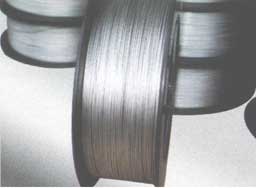
All About Wire Gauges
Wire and Gauge Wire — no matter its source metal — is measured in length and gauge. Higher gauge numbers refer to thinner wire, optimal for running long distances and maintaining conductivity. Lower gauge numbers refer to thicker wire, which can carry more amps at a time. Evaluating the needs of your project and familiarizing […]

Titanium: Performance Automotive Applications
Less mass = greater speed and better performance! Most of us know that cars go faster and burn less fuel if they weigh less but very few of us know how to reduce the weight. In fact, many of the constructors we meet that design and build high-end race cars are very surprised to learn […]

History and Composition: The Resilience of Stainless Steel
Stainless steel has become such a common metal that it’s used in everything from home appliances and cutlery to chemical and pharmaceutical, medical, and oil and gas applications. It is so commonly seen by everyone that it is difficult to remember that there was a time when stainless steel did not exist. A History Lesson […]

Mexico City Construction- On the Comeback Trail
There’s no denying that there was a serious slowdown in the construction industry in Mexico City around 2012 and 2013. General economic lethargy had a huge impact on construction, as both commercial and residential consumers worried about their financial futures. The end result was a Mexico City construction industry that contracted for 9 straight months […]
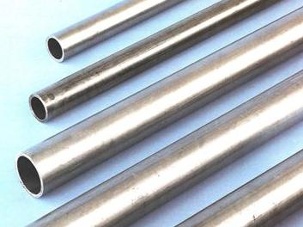
Nickel Alloys: Breaking Down the Elements
Nickel alloys are composed of nickel and copper, as well as smaller amounts of iron, manganese, carbon and silicon. The combined properties of these elements make nickel alloy both easier to machine and stronger than the elements would be on their own. Nickel—or at least commercially pure nickel—is a metal with a high electrical conductivity, […]
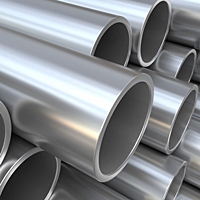
What is the Difference Between Inconel® and Incoloy®?
Although Inconel® and Incoloy® belong to the same family of superalloys, each possesses its own distinct properties, as well as sharing others. Also known as high-performance alloys, the superalloys in general provide high resistance to corrosion and oxidation, as well as mechanical strength at elevated temperatures. The most fundamental of difference between them lies in […]
